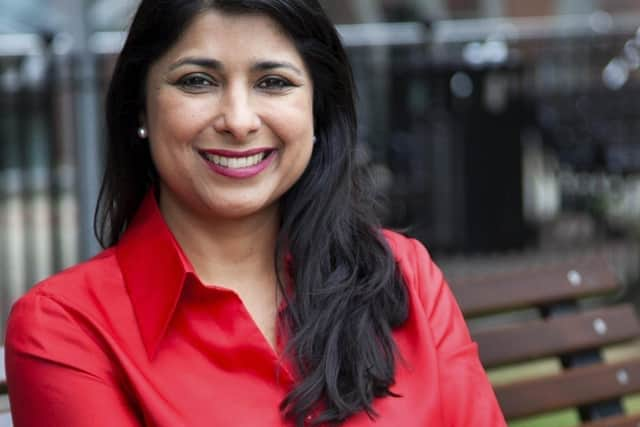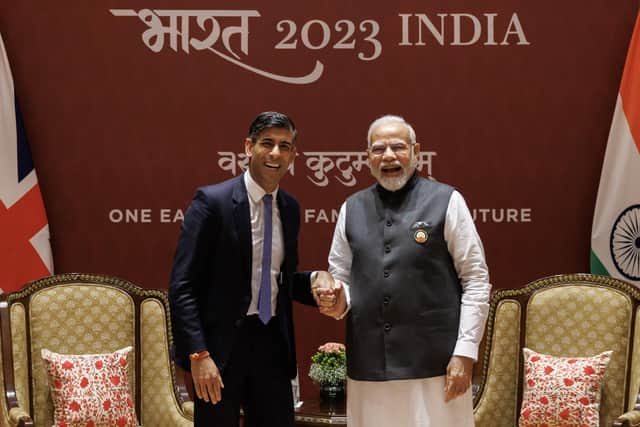India's rise to global economic prominence can't be ignored: Rashmi Dubé
The Indian Prime Minster Modi has been very careful to be seen on the world stage, ensuring they are seen and heard. There is very little doubt that India is not only a source for talent, but with 1.4 billion people and countless unmet needs, the consumer market can be tapped into.
The road, of course, is not easy as Netflix soon discovered, and it is always better to localise your offering, particularly in a country with diverse dialects.
Advertisement
Hide AdAdvertisement
Hide AdHowever, the thing about business governance is that we must always consider the stakeholder, and I am not convinced that any country truly does.


Okay, it’s a broad-brush statement, but we cannot, in the changing landscape around the USA and China, ignore India.
But should everyone not explore other joint ventures, maybe in addition, such as with Vietnam? I am not convinced that the leadership in India (or any country) has stopped to think, “Just because I can, doesn’t mean I should,” although many tech companies will just say, “If I don’t do it someone else will,” which frankly is just not reassuring .
For instance, India’s unity with the UAE which intends to construct a high-speed underwater railroad connecting Mumbai and Dubai primarily for the supply of goods such as oil, but the side benefit is travel between the countries. Has anyone considered the effect this will have on the water, not just in the surrounding area but the ripple impact it is likely to have?
Advertisement
Hide AdAdvertisement
Hide AdLike all great things, we ought to sit back and consider the long-term goals and consequences, not all of which will be visible until sometimes it is too late.


The G20 agenda has been full of issues around economic aid, the reform of the World Bank and IMF, new rules for crypto and more, but no one is really talking about governance around Artificial Intelligence.
Yes, technology and digitalisation are on the table, but I have been saying for a long time (loudly from the roof tops!) that we really need to have greater controls and greater regulations around Artificial Intelligence (AI).
I keep getting shut down, often with statements such as “we don’t know what we have yet, so why regulate it?”
Advertisement
Hide AdAdvertisement
Hide AdThis is a sentiment to an extent that I agree with, but surely there are some things such as fundamental human rights that we can protect, including maybe the requirement to ensure that companies employ a certain number of human beings at every level of the organisation. Is that too far, or too little?
I know that tech companies are lobbying policymakers (globally) at great length to allow them to continue with their world-changing developments, such as an AI-based decoder that can translate brain activity into a continuous stream of text.
So from mind-reading to not hiring actors in films and adverts, it all has an impact on the whole (human) ecosystem.
We cannot look at each individual item in isolation. Consider the reform of any banking system and the regulation of cryptocurrencies: how does that impact business and, in the end, the community as a whole?
Advertisement
Hide AdAdvertisement
Hide AdAt the G20, I just didn’t see any evidence of any real consideration of the long-term impacts on the Environment and Social and no real mention of the overlooked G - Governance.
Rashmi Dubé is a partner at gunnercooke